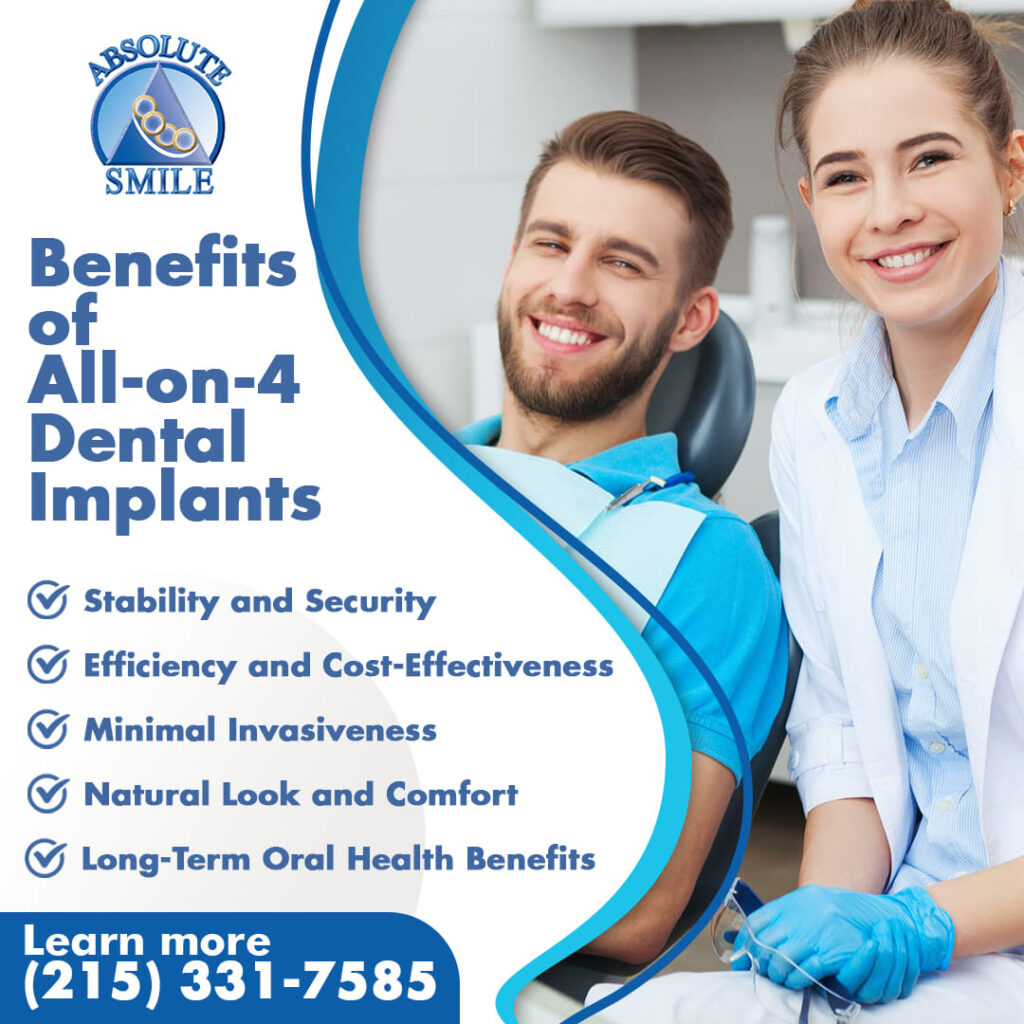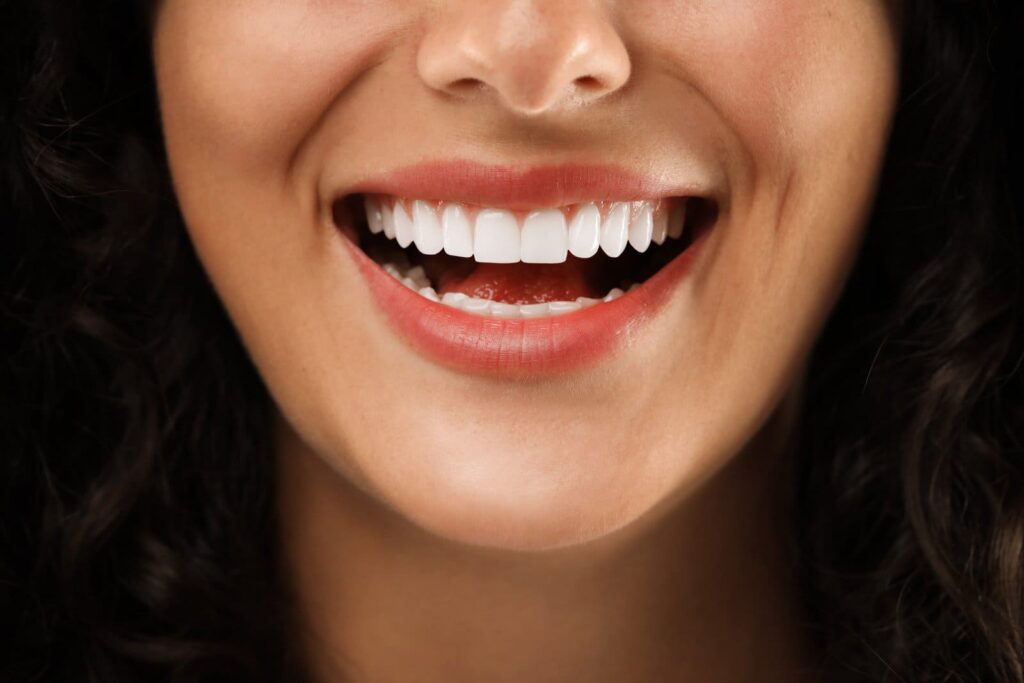
There are a lot of ways you can improve sleep. Sticking to bedtime, following a nighttime routine, sleeping in a cold and darkroom, etc.
But you might have tried all of these to no avail. You’re still waking up exhausted and sleepy, despite sleeping for 7-8 hours. In this case, it might not be your fault. You could have a sleep disorder.
Sleep Apnea: A Common Sleep Disorder
One particularly common sleep disorder is sleep apnea — a disorder in which breathing repeatedly stops and starts throughout sleep.
Each time you stop breathing, you wake up for a few seconds to gasp for air, then fall back asleep. This severely disrupts your sleep patterns and prevents you from getting proper rest.
There are three types of sleep apnea.
- Obstructive sleep apnea: Occurs when the throat muscles relax, causing your breathing to be restricted.
- Central sleep apnea: Occurs when your brain fails to send the proper signals to your muscles that control your breathing.
- Mixed sleep apnea: A combination of the above two.
Obstructive sleep apnea is by far the most common form.
Unfortunately, if you deal with sleep apnea, you may also have the oral health issue known as bruxism — the unconscious clenching and grinding of teeth — which can further worsen sleep.
Sleep Apnea and Bruxism
The National Sleep Foundation found that nearly 25% of all people with sleep apnea also suffer from bruxism.
Researchers haven’t found the link yet. However, some suspect that bruxism is a stress response. When your airways are restricted, your body interprets that as a danger, and causes your jaw muscles to clench, among other stress-related activities.
Other researchers suspect that when the tissues along your airways soften, the brain tells the jaw to tighten in order to stiffen the softer sides of your throat. In doing so, your body is able to receive enough air to survive.
Signs/Symptoms of Bruxism and Sleep Apnea
Here are some common signs/symptoms that you have bruxism and sleep apnea:
- Excessive mouth breathing while either awake or asleep
- Snoring
- Sleepiness during the day
- Pauses in breathing during sleep
Risks of Untreated Sleep Apnea and Bruxism
Sleep apnea leads to a lack of restful sleep. Aside from tiredness, lack of sleep is linked to diabetes, heart disease, a weak immune system, and memory loss. You’ll also put yourself at greater risk when driving or operating heavy machinery.
Bruxism can leave you jaw feeling painful and tired, give you headaches, and increase teeth sensitivity. When left untreated, problems can evolve into damage or loosening of teeth, fillings, enamel, or crowns.
Tips For Reducing Sleep Apnea and Bruxism
You should get treated for these issues as soon as possible. In the meantime, you can minimize many of these symptoms to improve your quality of life. Here are some general tips:
- Maintain a healthy weight
- Manage your stress effectively
- Limit alcohol consumption and quit smoking
- Adjust your sleeping position
And here are some tips specific to sleep hygiene:
- Exercise daily – lowers stress, helps tire you out to fall asleep
- Don’t do activities in your bed that aren’t sleep — no reading, using your phone, doing work, or watching TV
- Only consume caffeine before noon
- Have you last meal no less than 2-3 hours before bed
- Avoid blue light from screens an hour before bed
- Consider an herbal tea — but not too much, or you may wake up needing to make a bathroom trip
Lastly, visit your dentist. They’ll be able to recommend the proper course of action for dealing with your condition.
If your sleep quality’s been poor, and you’ve experienced symptoms of bruxism, come to Absolute Smile in Philadelphia. Our professionals have extensive experience assisting those who grind their teeth at night. We offer a free consultation for new patients, so contact us today!






